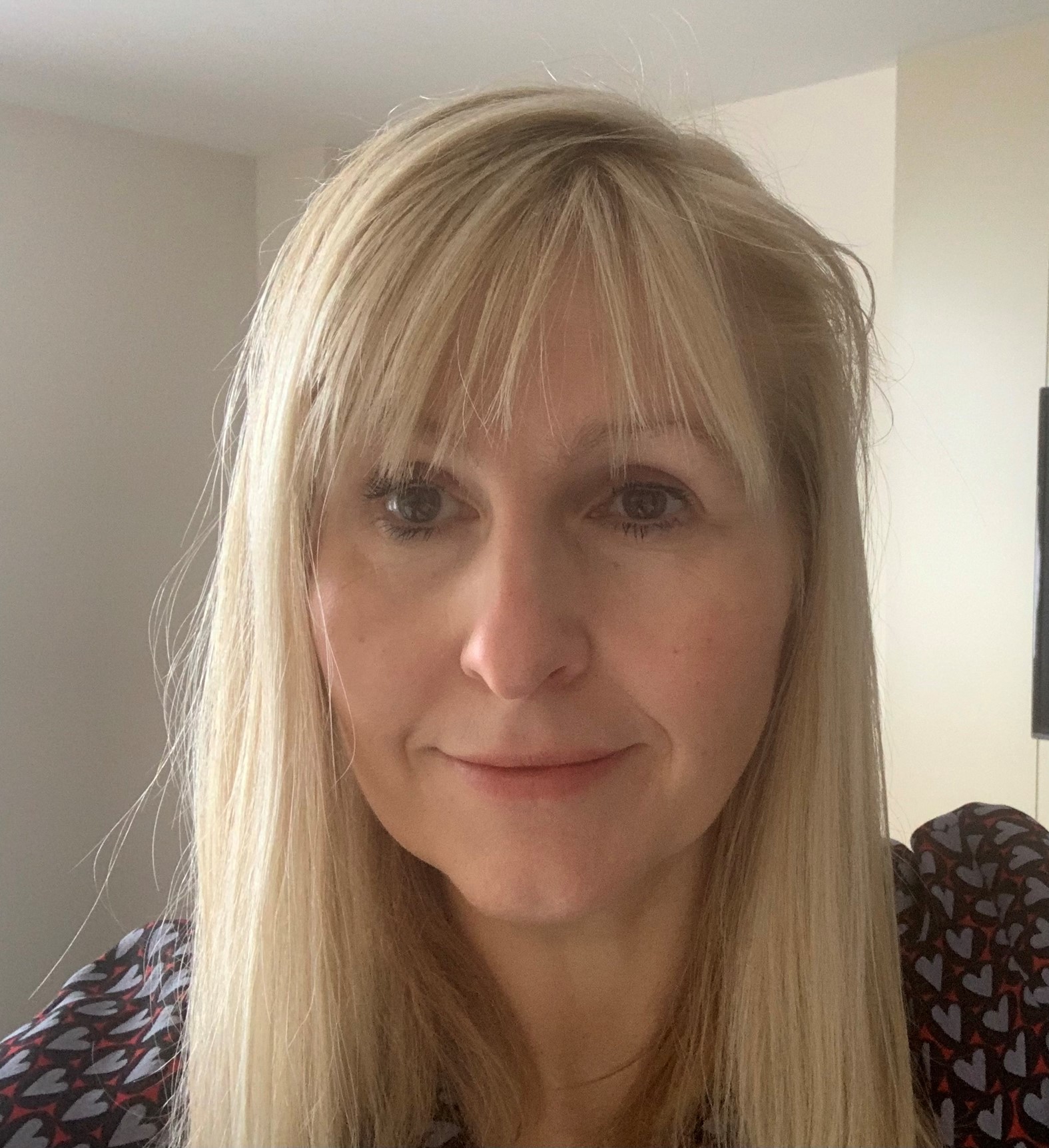HE Governance Career Journey: Amanda Oliver

HE Governance Career Journey: Amanda Oliver
I am responsible for CUC member services, stakeholder engagement, advising and producing guidance on governance, policy and communications, legislative and regulatory compliance, business planning and staff performance. I am also Executive Secretary to the Chairs of Universities in Wales.
I don’t think I could describe a typical day. As the role combines governance with other functions, including public policy, stakeholder engagement and business assurance, my daily tasks can vary enormously and range from organising meetings to writing policy papers or walking into a meeting with the Minister. Also, when you have a small team, it is often all hands on deck to get the job done, so an ability to flex and adapt to meet the organisation’s changing needs is important. If there is a common thread that runs through every day, it’s responding to emails and reading – this can be anything from a report, a journal entry, press releases, new policy directives, consultations or legislation.
Having such a diverse portfolio of responsibilities does make it busy and challenging but also very rewarding and enjoyable.
I have worked for organisations in the private, public and charity sectors. My first full-time professional role was for an organisation specialising in education, training, and human resource management. This was followed by 20 years working in the housing association sector, including 14 years working for the national trade body. My roles have included research, advocacy, policy, change management, governance, and business assurance.
It wasn’t a career I’d identified or carved out for myself. I studied politics at university and have always been interested in national governance. However, I didn’t plan a role in HE governance, and my route into governance certainly wasn’t traditional or linear.
My pathway to HE governance was driven by:
- Experience of governance roles in other sectors. Governance roles often involve working with senior executives and leaders to influence decision-making at the highest level. It is a unique and privileged role which balances strategy development with operational planning and delivery. Governance roles provide insight into activities across organisations and promote an understanding of strategy, board dynamics, leadership and planning. I would recommend a career in governance to anyone who is ambitious.
- The opportunity to work in a sector whose values I share. I was ‘first in family’ to go to university and, having grown up in the South Wales Valleys, the opportunity to influence and create a fairer society which improves lives was attractive.
- Working in governance, it’s very clear the impact you have on the success of an organisation. I was promoted into a role where I led regulation and governance at a national level, and I realised how critical both functions are in enabling organisations to achieve their strategic aims. Understanding this reinforced my interest in pursuing a career in governance and regulation.
- An understanding of how I could use my skills to add value in a governance role. Early in my career, I learned how to navigate the bureaucracy of government departments and the importance of organisational politics in getting things done which is valuable to any governance professional. I also think that because of the wide-ranging skills governance professionals require, transferrable skills are as important to the role as technical skills.
While I have benefited most from the personalised 1-1 support I’ve received through mentoring and coaching, I have found the AHUA events invaluable in building networks and developing my understanding and knowledge of HE governance. I would highly recommend these events to others new to Higher Education.
It’s hard to identify one person. I have been extremely privileged and fortunate to have worked closely with executives, chairs, and business leaders from various sectors – many of whom I found inspirational. The individuals who have inspired me most are those who, despite all their achievements, remain humble, continue to demonstrate a passion for their work and convey a generosity of spirit and willingness to give their time freely to help others. I have also managed some very talented individuals who have been a source of great inspiration and support.
Without wanting to name names, the people who have helped me most know who they are, and these are people who believed in me at times when I questioned myself.
I don’t have a specific role in mind, but I have objectives as part of my PDP that support my career ambitions and personal growth. These include a mix of informal learning opportunities, job shadowing and exposure to opportunities to increase my experience.
I also believe it’s important not to spend too much time ‘future gazing’. I was told once that “When you do a good job, opportunities always come to you”, and I have found this true.
The principles and mechanics of good governance are the same irrespective of the sector you work in, and no matter how much technical knowledge you have, you will always have the greatest impact when you work with and through others. In my daughter’s words, “Teamwork makes the dream work.”
January 2024
